1c. The Status and Rank of the President of the United States
Royal Gifts from Thailand
Smithsonian – Gallery 1
All of the European monarchs and states had been put on an equal footing with the Thai court, as evidenced by the Royal level of gifts sent to Queen Victoria, and to France. In the past, the Thai court had sent a “Gift of Respect” to the United States. But what to do with the President of the United States, an elected official in a democratic country?
This was a great matter for consideration during the negotiations for the Harris Treaty of 1857. King Mongkut had apparently rejected the thought of sending another “Gift of Respect.” But what level of gift should be sent at the conclusion of the Treaty negotiations?
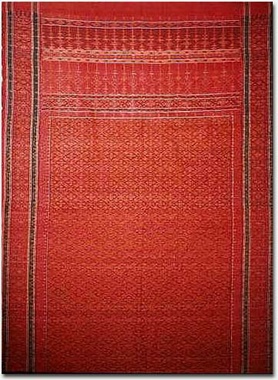
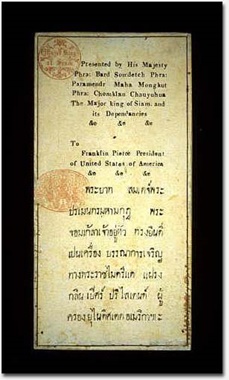
King Mongkut decided that the President of the United States is not quite a monarch, but as the head of state, he should receive a Royal Letter along with the insignia of rank of a very high nobleman, rather than the insignia of a king’s rank. In contrast, gifts to Western Monarchs were the equivalent of the jewel-encrusted possessions of Royal Family members. King Mongkut and his brother, Phra Pin Klao who was simultaneously a reigning Upparat (the Second King), each sent sets of gifts to President Pierce.
Phra Pin Klao’s gift was the more traditional of the two. He sent “elegant and costly specimens of Siamese Garments…, silverware plated with gold…, 1 Brass Drum, 1 Brass Gong, and 2 Brass Stands.” The categories represented here are textiles, nielloware betel set, gongs and offering stands (brass instead of pearl-inlay lacquerware).


King Mongkut sent a sword, a kris, a spear, two pairs of gold and silver spears, a tonsure scissors, a pipe and snuff box, a gold snuff box, a cat’s-eye ring, golden pocket inkstand, a nielloware betel set of five pieces, “Japanese Vases” or the pearl inlay lacquerware ta lum, a Siamese drum, a pair of long drums, two pieces of gilt silk cloth, and four Khmer silk cloths.
King Mongkut added two very Western things, a long, chatty letter in English (a great contrast to the formal Thai Royal Letter), and a photograph of himself and his Queen.
The major part of this gift is the traditional kru’ang yot. The personal items added on – snuff boxes, pipe, ink stand, ring – are all not traditionally included in these kru’ang yot gifts, though they are of value in everyday Western life of the nineteenth century.
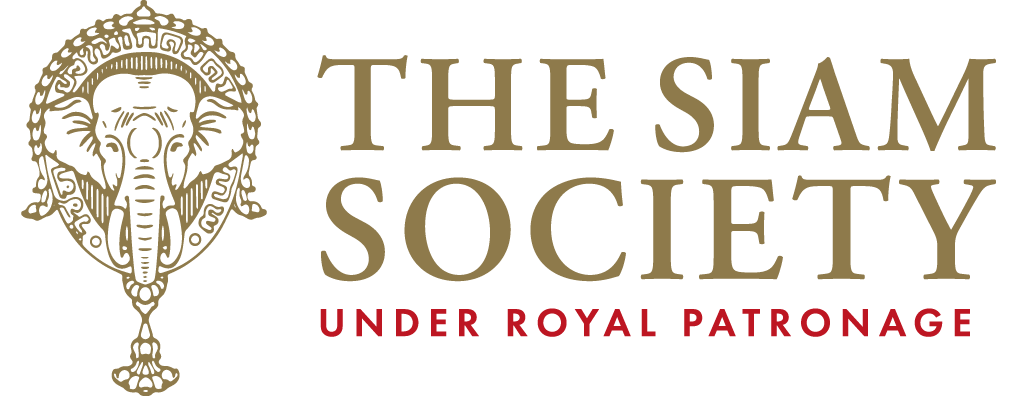
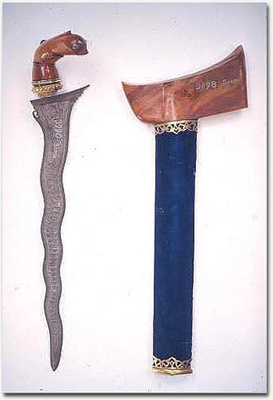

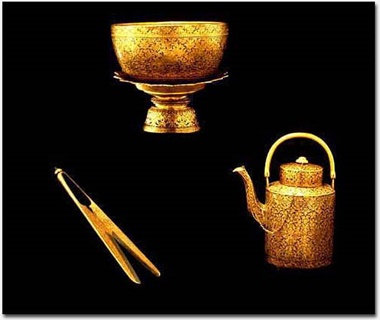
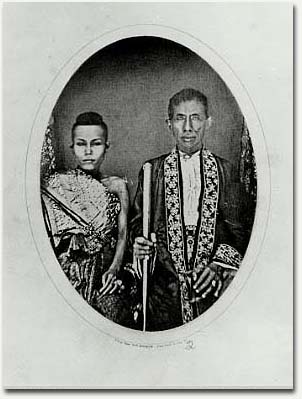
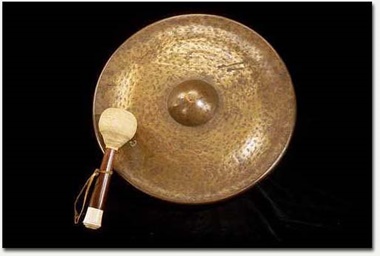
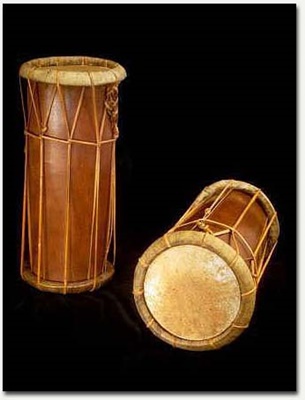

Recent Comments